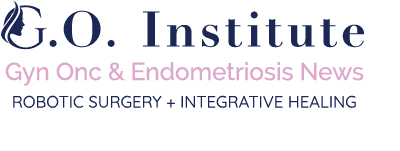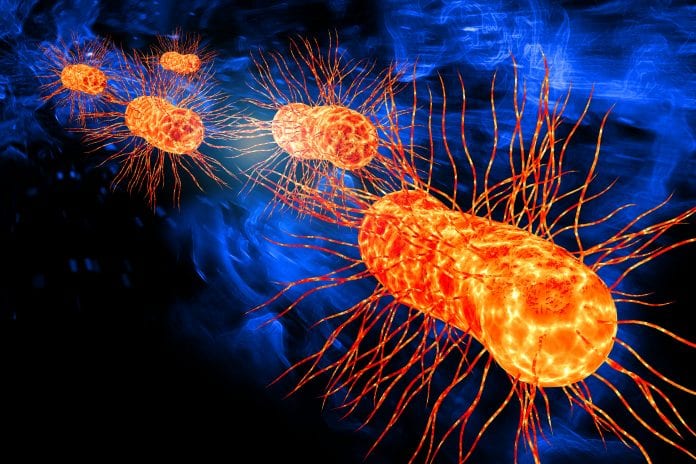You may not know that gastrointestinal (GI) symptoms, including bloating, are as typical as gynecological symptoms in women with endometriosis. So, that’s why we’re writing about this for you. To help you find your path to finally knowing what’s causing that abdominal pain. There are some totally newsworthy tips in here, based on recent research about endometriosis bloating, its causes and the best treatments available.
Intestinal Endo Symptoms First
Over 90% of women diagnosed with endometriosis in fact come to their doctor’s attention first with GI signs as their initial signs and symptoms. Bloating is one of the most common symptoms and also is “normally” reported by 83% of women with endometriosis In addition to bloating, other stomach signs consisting of looseness of the bowels, constipation, excruciating bowel movements, queasiness and/or throwing up are additionally typical signs and symptoms in women with endometriosis.
It is also super important to note that GI signs and symptoms are independent of place of endometriosis sores in regard to the bowel, where endo can grow. This implies that you can have GI symptoms without endometriosis in fact infiltrating right into the bowel. In fact usually, it does not, but causes inflammation. This slows the bowel down and gas pain develops. Your endometriosis sore might neighbor your digestive tract without really getting in it. It is nevertheless crucial to bear in mind that for some patients, endometriosis can actually grow and invade into the digestive tract, distort intestinal tract anatomy, alter typical bowel physiology, which after that can also result in bowel irregularity, bloating, unpleasant bowel movements, looseness of the bowels, nausea as well as throwing up.
Irritable Bowel
Complicating issues, endometriosis can additionally provide largely with intermittent bloating as well as transformed digestive tract routines identical from Irritable Bowel Disorder or Syndrome (IBD or IBS). Lots of women look for help from a gastroenterologist and are subsequently identified with Irritable Digestive tract disorders, but that might not be the correct diagnosis. In fact, IBS in the medical world is known as a kind of “garbage can diagnosis”, which means the doctors really don’t know what is going on but it is irritating your gut. So, they call it a syndrome, without a diagnosis.
Often a gastro may suggest an endoscopy of the stomach from above and colonoscopy from below, both of which locate no recognizable gastrointestinal irregularities and IBS is then made the “diagnosis” without a real diagnosis or cause. Has this occurred in your case? In spite of treatments from their GI doc for IBS, women seldom improve– that’s because endometriosis is the reason for their IBS symptoms; the real diagnosis and cause. It is for that reason vital to establish the diagnosis of endometriosis in order to successfully relieve the stomach symptoms. Ensure that your endometriosis is treated correctly via medical management or excisional surgical treatment. Endometriosis needs to always be thought a possibility in women with GI signs and symptoms, no matter what age.
SIBO and Endo
Small intestinal bacterial overgrowth (SIBO) is commonly associated and coexists with endometriosis; most likely this happens from systemic swelling. SIBO is a typical problem, albeit under-recognized reason for gas, bloating, looseness of the bowels and also abdominal cramping. Research studies suggest that as many as 50-75% of people with IBS actually have SIBO. So, once again, a real diagnosis rather than a syndrome maybe at hand. It’s easy to detect. Just ask your GI to get a Lactulose-Hydrogen breath examination. It is not an intrusive examination as well as commonly can be performed in your GI’s office. This test determines hydrogen and methane gas levels once lactulose, a harmless alcohol-sugar, is given by mouth; the altitude of these gases in the breath suggests microbial overgrowth. The overgrowth can accompany inflammatory conditions such as Endometriosis, Interstitial Cystitis, chronic anxiety and many more conditions way past the scope of this article.
The first SIBO therapy option is Xifaxan, a non-absorbed antibiotic with unusual (if any) side-effects taken 3 times a day for 14 days as well as dietary changes to reduce refined foods, complex carbohydrates and foods high in simple sugar. So, basically, an elimination diet is offered. To figure out if SIBO has been remedied, some GI’s might repeat the breath test concerning a month later on or just carry out one more combination of antibiotics. Also, a tip is that a healthy microbiome in your gut is crucial. Either fermented foods or probiotic supplements can do you a world of good. Talk to your doc(s) about this.
Beat Endo! Medical, Natural & Surgical Teamwork Treatment
It is very important to remember that while treatment for SIBO entails prescription antibiotics as well as nutritional adjustments and/or probiotics, endometriosis is managed through both medical management and/or surgical excision of endometriosis. That is the cornerstone of helping you regain health. We focus on the whole person at the G.O. Institute Center for Endometriosis Excision and work with a team to get your life back.
Check out our additional information here.


